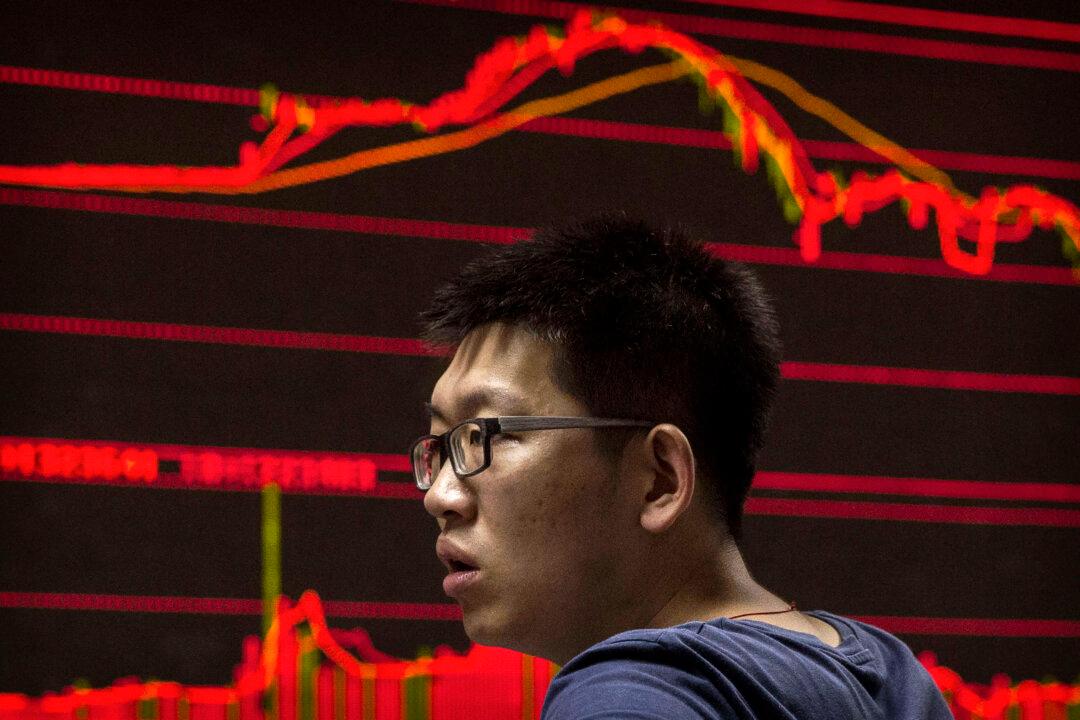To its credit, China implemented a couple reforms this year. Does this mean it will let markets rule? Most likely not, because when push comes to shove, China will stop reform and subdue market forces.
Case in point: The central bank and regulators now micromanage the foreign exchange market and have suspended at least three foreign banks from foreign exchange trading until March 2016, according to Reuters.
They also asked banks to disclose names of clients with the intent of stopping state owned enterprises from buying foreign currency.
“They are worried about falling foreign exchange reserves. The yuan faces obvious depreciation pressure as the Fed [U.S. Federal Reserve] may continue to raise interest rates, so policymakers are concerned and intend to take effective measures to respond,” a senior economist at a think-tank linked to China’s Cabinet told Reuters.






